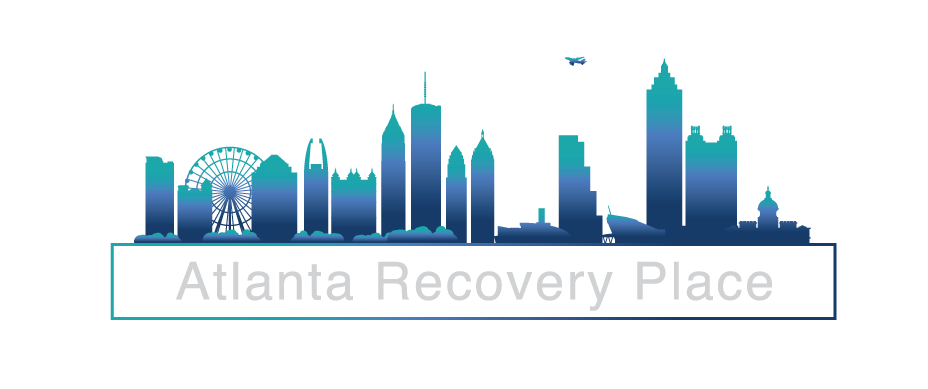What exactly are benzodiazepines, and what are they used for? Is it something someone should take daily, or as needed? Can they be purchased illegally, or only obtained through a prescription? If you’ve found yourself asking these questions in the past, look no further! Within this article, we have provided information about benzodiazepines, what they are, and how to receive help if you or someone you know is suffering for a benzodiazepine addiction.
Commonly Abused Benzodiazepines
According to the National Institute on Drug Abuse, benzodiazepines (benzos) calm or sedate the individual taking them. Benzos achieve this by raising the levels of GABA, a inhibitory neurotransmitter, in the brain. There are many different benzodiazepines, some of the common ones include:
- Diazepam (Valium) – Diazepam is an anxiolytic benzodiazepine. This drug is long-lasting and fast-acting. It is commonly used to treat anxiety disorders, but it is also used to treat alcohol detoxification, acute recurrent seizures, severe muscle spasms, and spasticity associated with neurologic disorders. Valium, and the rest of the benzos listed, can be obtained with a doctors prescription or unfortunately, purchased illegally on the street.
- Alprazolam (Xanax) – Xanax, also known as “bars” (due to their physical shape), is one of the most prescribed benzodiazepines in the treatment of panic disorder and generalized anxiety disorder. This drug is known to be highly addictive according to addiction specialists and is limited within its clinical usefulness.
- Clonazepam (Klonopin) – Clonazepam is a very high potent and long-acting benzodiazepine. This drug has been used to treat seizure disorders and panic disorders.
Overall, benzos are prescribed to those who struggle with various forms of anxiety. But like any other pill, just because it’s prescribed by a doctor doesn’t mean it can’t become addictive. Benzos are highly addictive and when abused, can cause serious withdrawal side effects.
How to Get Help With Benzodiazepine Abuse
According to the National Institute of Health, the most common and well-known harms of long-term benzodiazepine abuse are dependency, falls, and cognitive decline. When someone becomes addicted to benzos they may experience withdrawal symptoms (such as headaches, palpitations, tremors, sweating, etc.), and should go through some sort of detox process, and even maintenance treatment (this of course should be done with the help of a professional). Getting help before becoming dependent is ideal, but we understand that sometimes, as humans, we don’t comprehend that something is becoming a problem until something drastic happens. Some people become aware of their addiction when they face health complications, others drain their bank accounts to sustain their addiction. Some people don’t realize the severity of their addiction until they find themselves in the middle of their own intervention.
Once an individual becomes addicted to benzos, interventions, drug substitutions, and therapy are essential to overcoming the addiction. When treating a benzo addiction, some therapists use different drugs with shorter half-lives (substitutions) within their therapy, especially when overcoming a substance that has a longer half-life.
For most people, an inpatient program or an outpatient program may be required when dealing with this type of substance abuse. It is important to seek professional help when overcoming this addiction, and take part in activities, such as support groups that will teach you to hold yourself accountable for your actions, and provide a healthy/sober support system.
Beat a Benzo Addiction at Atlanta Recovery Place
At Atlanta Recovery Place, we provide comprehensive outpatient addiction treatment for those struggling with a benzo addiction and other forms of substance abuse. Our addiction treatment programs include a partial hospitalization program, intensive outpatient, a regular outpatient and sober living. Each of these programs are unique and individualized to each of our clients’ needs.
Which treatment track is used truly depends on the client’s substance use; the way they use it, the length of usage, the environment in which they live, and the amount of social support that they have. We will help each of our clients find the treatment option that best fits them, their needs, and their schedule. Reach out to us today to start your recovery process!





